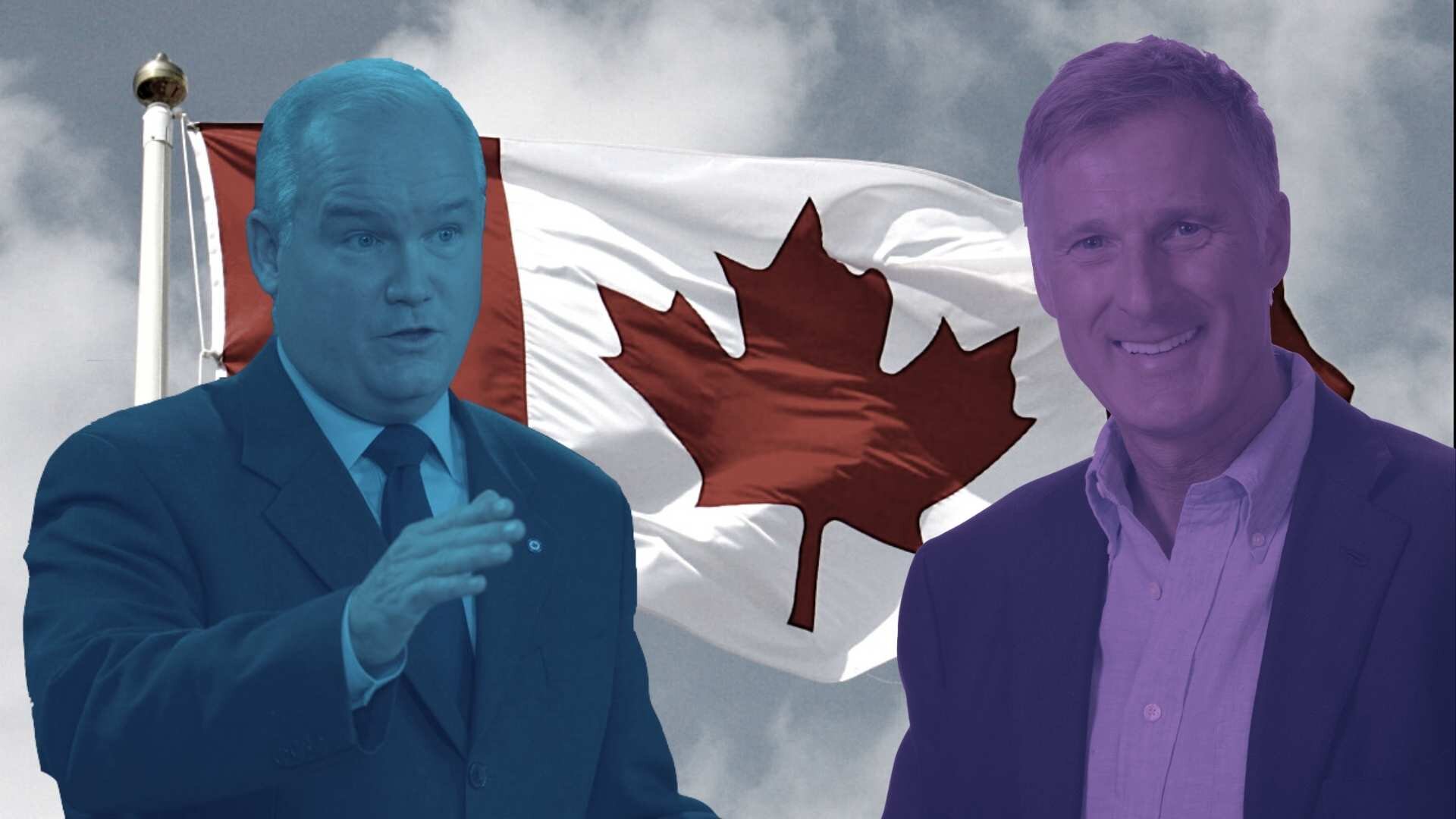Very well presented. Every quote was awesome and thanks for sharing the content. Keep sharing and keep motivating others.
Written By Karl Fluri, Posted on August 25, 2020

Last night Erin O’Toole accepted the torch of the leadership of the Conservative Party of Canada from outgoing leader Andrew Scheer.
It was a strange sense of deja-vu back to the 2017 leadership race when CPC members saw the O’Toole camp eliminated in the 12th round and hand Andrew Sheer not only his first lead of the night but the leadership. This was a narrow loss (50.95% for Sheer, 49.05% for Maxime Bernier), but this was indicative of a great divide forming in Canada’s right-wing.
Following these results, Maxime Bernier decided to make his exit from the CPC to form his own People’s Party of Canada (PPC), which was said to represent the portion of the right-wing disenfranchised by the CPCs choice in direction.
For a party that had been formed just over a year ago, the PPC was able to put together a significant membership base, a national slew of candidates, and a significant amount of funds in order to participate in the 2019 federal election. This being their first election as a new party, they faced many hurdles, but nonetheless the PPC did carve out a voter base.
Last night’s results again showed a divide within the CPC between the establishment who believe in beating Trudeau at all cost, and those members who want to stand and fight for social conservative values, limited government, and individual rights and freedoms.
Candidates Erin O’Toole and Peter MacKay received a majority of the media coverage as well as a push from these organizations providing them both with “frontrunner” status throughout the election, but in the end, O’Toole was able to convince enough of the anti-establishment crowd that he was “true-blue” to squeeze out the victory on the third ballot after defeating both of the more socially conservative candidates, Derek Sloan and Leslyn Lewis.
Following these results Maxime Bernier made a live speech today in which he stated he expected to see a new flock of members joining the PPC, The National Telegraph reached out to Bernier for further comment:
“Erin O’toole put on a true blue mask… But just like MacKay, he’s actually a typical establishment Red Tory, as was clear when he ran three years ago.
In the coming months, the mask will fall and he will revert to the usual Conservative habit of taking their conservative supporters for granted… The real conservatives who voted for Lewis or Sloan in this race, or for O’toole himself because they believed him, will realize it was all just a sham.
We think they will finally realize that the People’s Party is the only principled conservative party in this country, and we expect to see an influx of new members.”
Bernier believes that his party is the solution for Canadians who feel the CPC has abandoned them, and for many he is.
Some disaffected Conservatives are therefore faced with what they see as two unsatisfactory options, hold their nose as they did for Scheer and hope that O’toole has what it takes to beat Trudeau, even though O’toole as Prime Minister may not fully satisfy them on policy, or take a chance on a smaller party that represents their values to signal to the CPC their dissatisfaction.
At times of contentious election results such as these, we often see a bleed from the traditional party into smaller parties, or in the case of more progressive conservatives, we may even see a shift to the Liberal Party.
Bernier is able now to use much of the dissatisfaction that has risen up from those wanting the CPC to shift more rightward as an opportunity to advertise the merits of the PPC in the aftermath of the leadership race.
Saskatchewan and Alberta, as well as other rural areas on the west coast, have seen a rise in the Wexit movement. Much of those same anti-federalist sentiments can be found in some of the Quebec separatist organizations, and many smaller organizations throughout Canada.
At this time all the smaller right of centre federal parties (ie. PPC, CHP, Wexit, Libertarian) will be clamoring to gather any of the support up for grabs after the leadership election, the effects of which may be detected by polling in the coming weeks and months as Canada likely heads into another federal election cycle.
Wexit this election